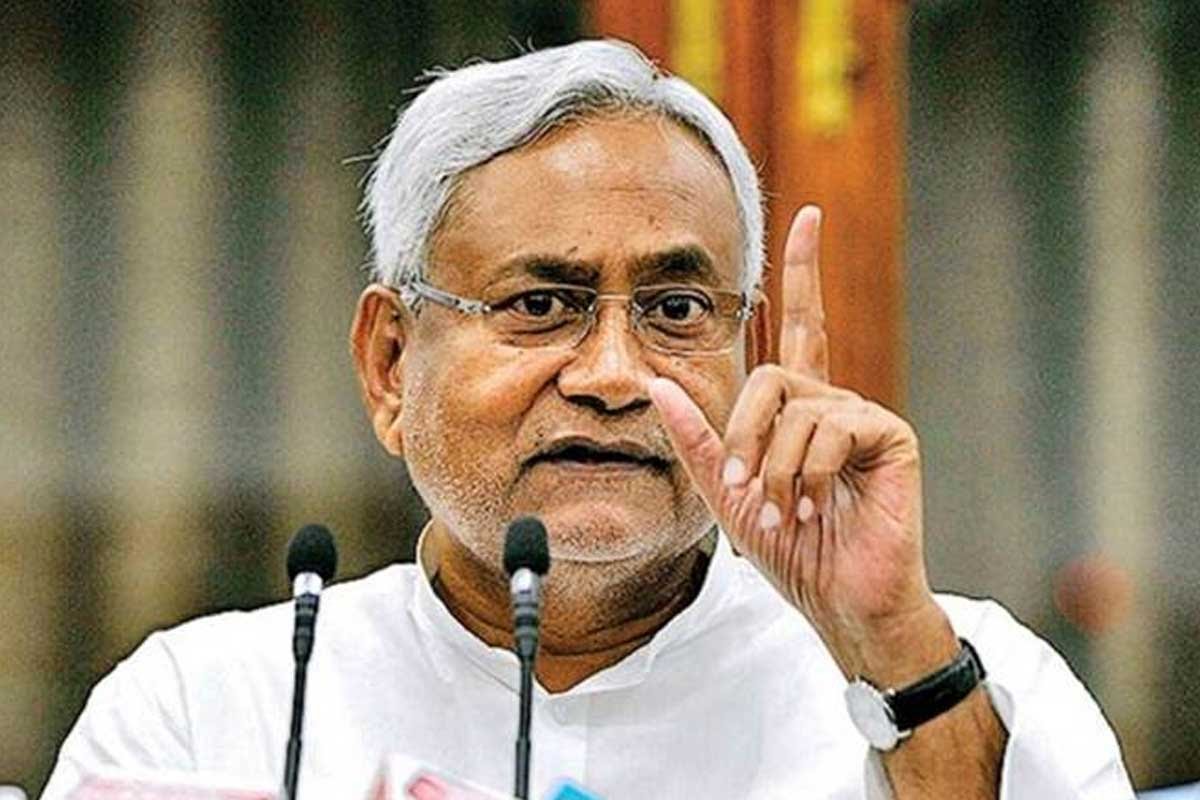Bihar Election : What makes Nitish Kumar central to a winning alliance

Nitish Kumar has been the central figure in Bihar politics since 2005, when he became the chief minister of the state for the second time.
Nitish Kumar has been the central figure in Bihar politics since 2005, when he became the chief minister of the state for the second time. His first term in 2000 was short-lived, lasting only eight days.
Except for nine months of Jitan Manjhi, he has ruled over Bihar almost without interruption for 15 years. Interestingly, despite this long run at the helm of affairs in Bihar, Nitish Kumar does not have the political muscle or organisational wherewithal to win an assembly election on his own.
The Janata Dal United of Nitish Kumar has just once been the single-largest vote aggregator in an assembly election. Its best performance came in 2010 following a well-appreciated first term. His party polled 22.5 per cent votes in the 2019 Bihar Assembly election. In the October 2005 polls, the JDU got nearly 20.5 per cent votes.
Some believe that Nitish Kumar’s JDU gets an “extra” 3-4 per cent vote due to its alliance with the BJP, which has a committed vote bank. The BJP-RSS cadres help the JDU get extra votes on certain seats. This relationship does not work the other way around in the same measure, they say.
The Bihar Assembly election of 2015 gave a peek into this electoral arrangement. In 2015, Nitish Kumar contested the Bihar Assembly election with the RJD and the Congress, having broken away from the BJP-led NDA. Nitish Kumar parted ways ahead of the 2014 Lok Sabha polls as he did not want to accept the BJP’s decision to project Narendra Modi as the prime ministerial candidate.
While Nitish Kumar’s JDU saw its vote share drop by almost six per cent points — from 22.5 per cent in 2010 to 16.8 in 2015 — the BJP’s share shot up from about 16.5 per cent in 2010 to almost 24.5 per cent in 2015.
On the other hand, the RJD’s vote share remained roughly the same — 18.8 per cent in 2010 and 18.4 per cent in 2015, which was substantially lower than pre-2005. In 2005, the RJD polled around 23.5 per cent votes.
This fractured nature of polling pattern in Bihar Assembly election makes Nitish Kumar the power swinger. In 2005, he pulled the BJP through to secure a majority with over 35 per cent vote share for the alliance.
In 2010, the NDA led by Nitish Kumar in Bihar got close to 40 per cent vote share to retain power. Five years later, while the BJP polled the highest vote share, it lost the race to power as Nitish Kumar brought back the RJD and the Congress in a ruling coalition.
With 24.5 per cent votes, the BJP finished third in the seat tally winning in 53 constituencies. The RJD won 80 seats with 18.4 per cent votes. Nitish Kumar’s JDU got 71 seats with 16.8 per cent votes.
In 2010, when the RJD and the JDU were on the opposite sides of the election fence, former Chief Minister Lalu Prasad’s party got only 22 seats with 18.8 per cent votes. In 2015, its vote share declined marginally to 18.4 per cent but it won 58 more seats with Nitish Kumar’s JDU as its alliance partner.
Similarly, the BJP won 91 seats in 2010 with 16.5 per cent votes when Nitish Kumar was in the NDA fold. But it won 38 fewer seats in the Bihar Assembly election of 2015, when Nitish Kumar had left its side, though the BJP polled almost eight per cent additional votes.
This explains why the BJP has been reluctant in projecting its own chief ministerial candidate lest the move upset Nitish Kumar, who seems to be a guarantee to being in power in Bihar. His closest rival as chief ministerial candidate in Bihar is Tejashwi Yadav of the RJD.
The RJD chief and Tejashwi’s father Lalu Prasad is serving a jail term in connection with a fodder scam case of 1990s. Tejashwi Yadav battles the tainted image of his father and also the tag of being an inexperienced dynast. He appears to be losing the battle of perception against “Mr Clean” Nitish Kumar in Bihar, which is likely to begin voting for the next government in another two months .




